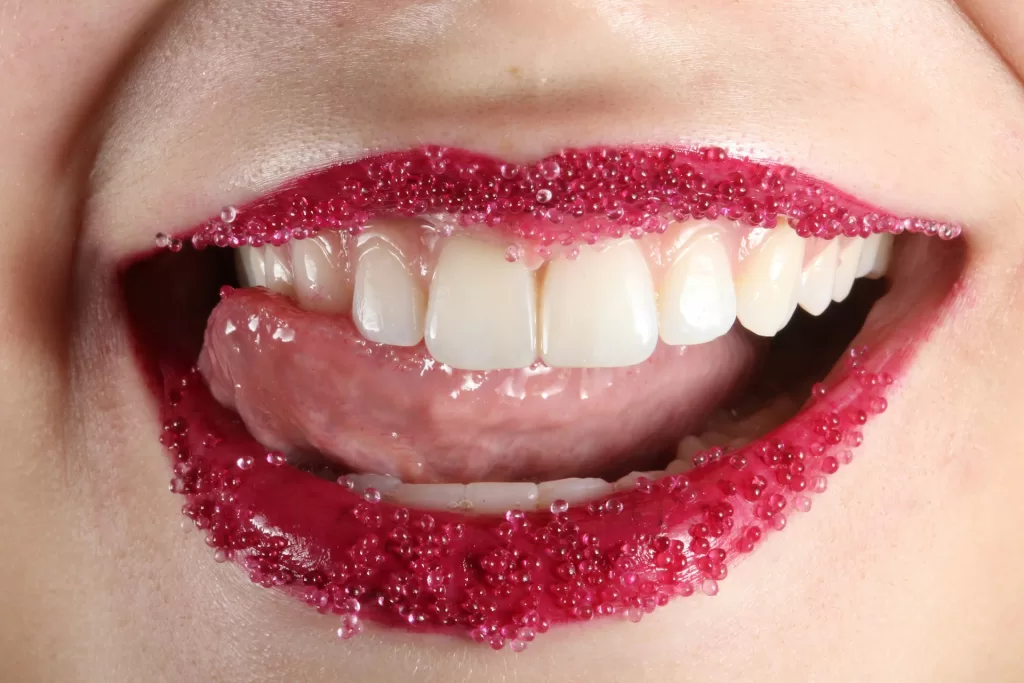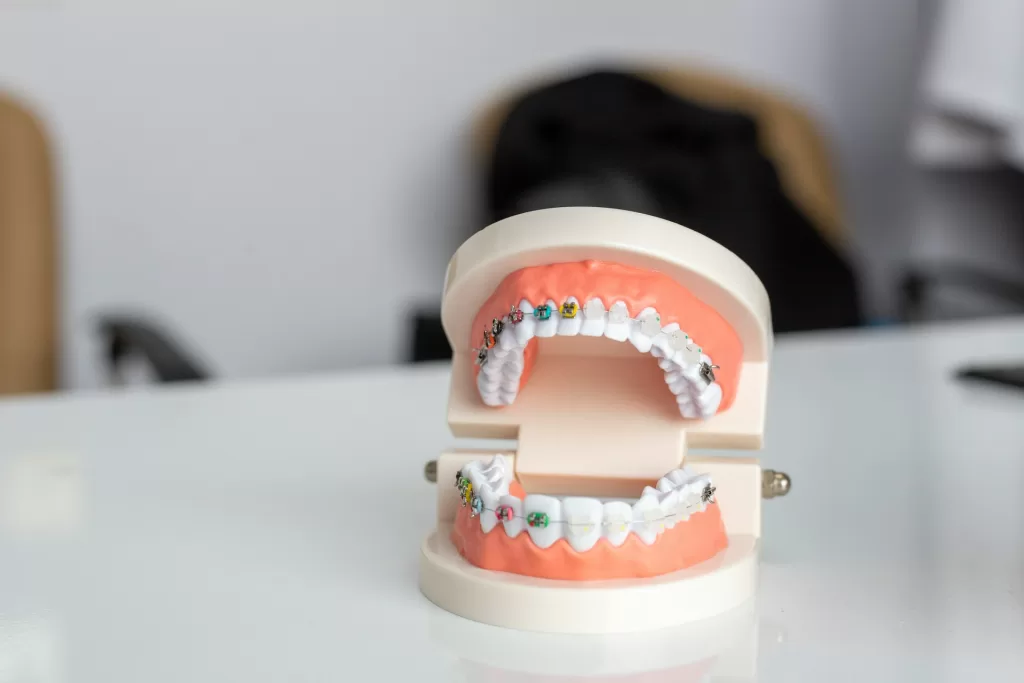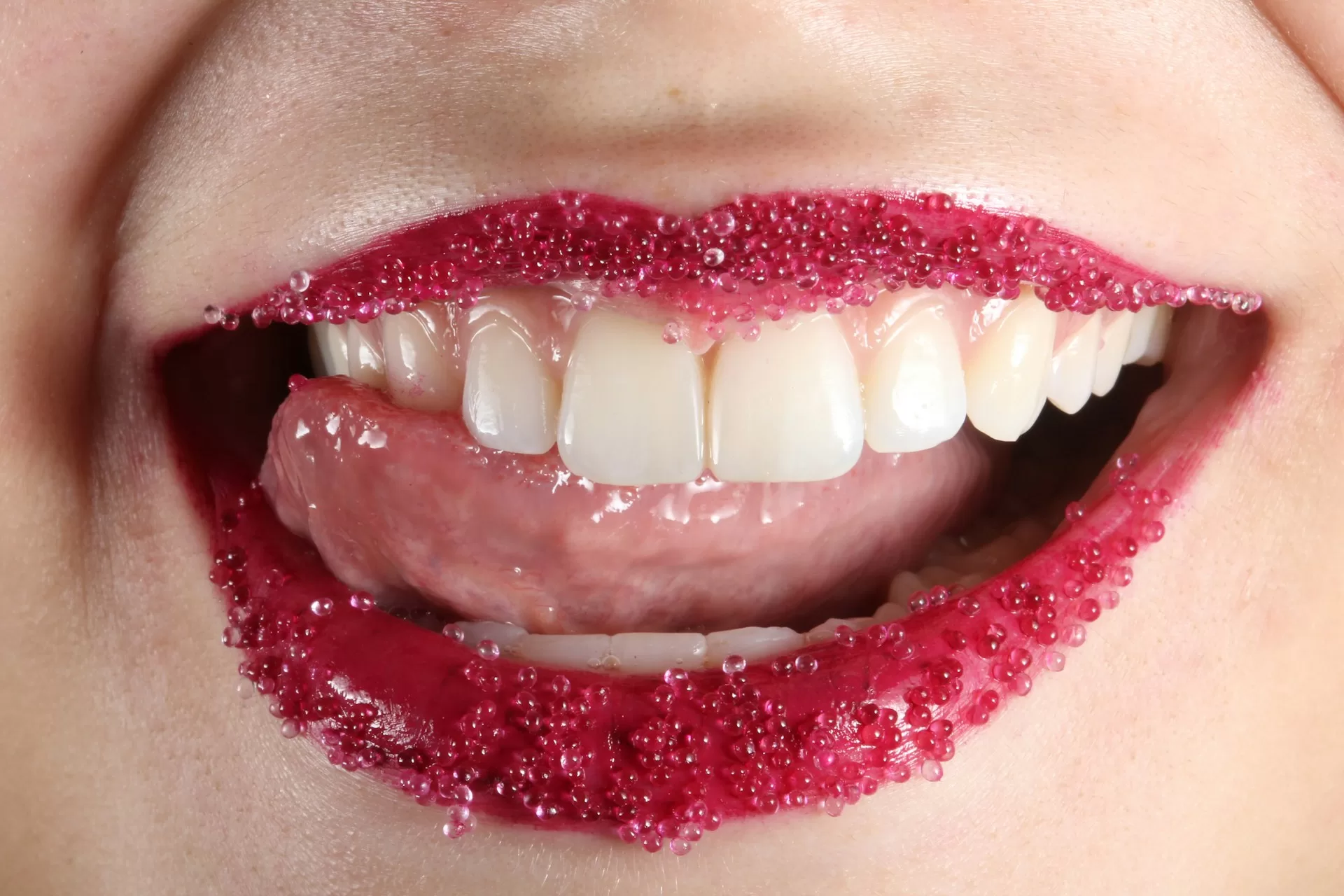A new era in dental care may be dawning, thanks to a revolutionary drug that has been approved for the first time in human trials. This drug, developed by a research team at Kyoto University, Japan, has the potential to regrow teeth – a feat previously only possible in our imaginations.
The drug works by targeting a specific protein called USAG-1 (uterine sensitization-associated gene-1). This protein acts as a natural inhibitor of tooth growth. By deactivating USAG-1, the drug essentially removes the roadblock and allows for the resumption of tooth development. The deactivated USAG-1 protein no longer hinders the interaction between bone morphogenetic proteins (BMPs) and other cellular processes essential for tooth formation. The activation of BMP signalling then triggers the growth of new bone and dental tissue.

The research team led by Dr. Katsu Takahashi, a molecular biologist and dentist, has been working on this concept since 2005. Their initial research focused on understanding the role of USAG-1 in tooth development. Following these discoveries, they conducted successful experiments in mice with tooth agenesis, a condition where teeth fail to develop naturally. These studies demonstrated that blocking USAG-1 with an antibody could stimulate tooth regrowth.
Building upon the success in animal models, researchers have developed a new iteration of the drug specifically for human use. This injectable drug has now been approved for human trials, with the first phase expected to begin in September 2024 at Kyoto University Hospital. The trial will involve 30 male participants between the ages of 30 and 64 who are missing at least one molar tooth.
It is important to note that this is a Phase 1 trial, the initial stage of human testing. The primary focus will be on assessing the drug’s safety and potential side effects in humans. Efficacy, or the drug’s ability to regrow teeth, will be a secondary objective in this phase. Even if successful, further trials will be required to determine the long-term effectiveness and optimal treatment protocols.

The potential impact of this research is significant. If successful, this drug could revolutionize dentistry, offering a permanent solution for tooth loss. This could potentially eliminate the need for traditional dental implants, bridges, and dentures, all of which come with their own limitations and drawbacks. However, it is important to manage expectations, as the technology is still in its early stages.
The upcoming human trial will be a crucial step in evaluating the safety and efficacy of this groundbreaking drug. While the potential for tooth regeneration is exciting, researchers emphasize the importance of a rigorous scientific process to ensure the development of a safe and reliable treatment option for patients suffering from tooth loss.






